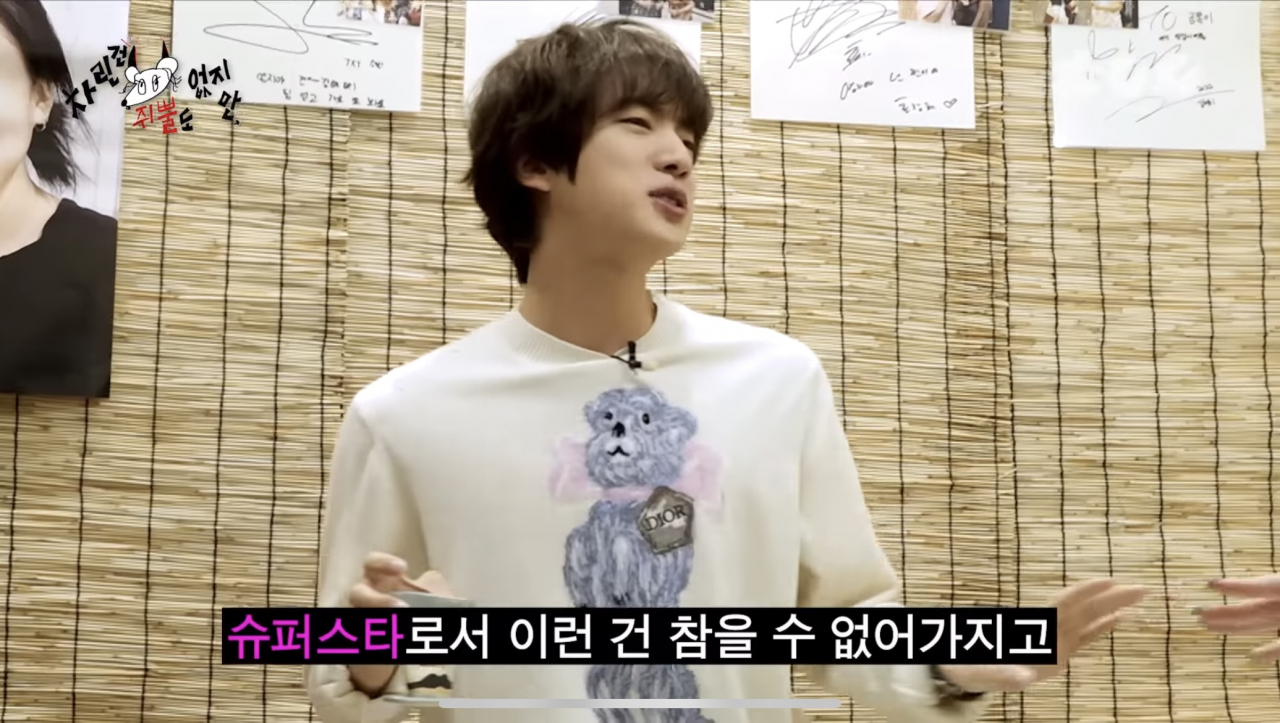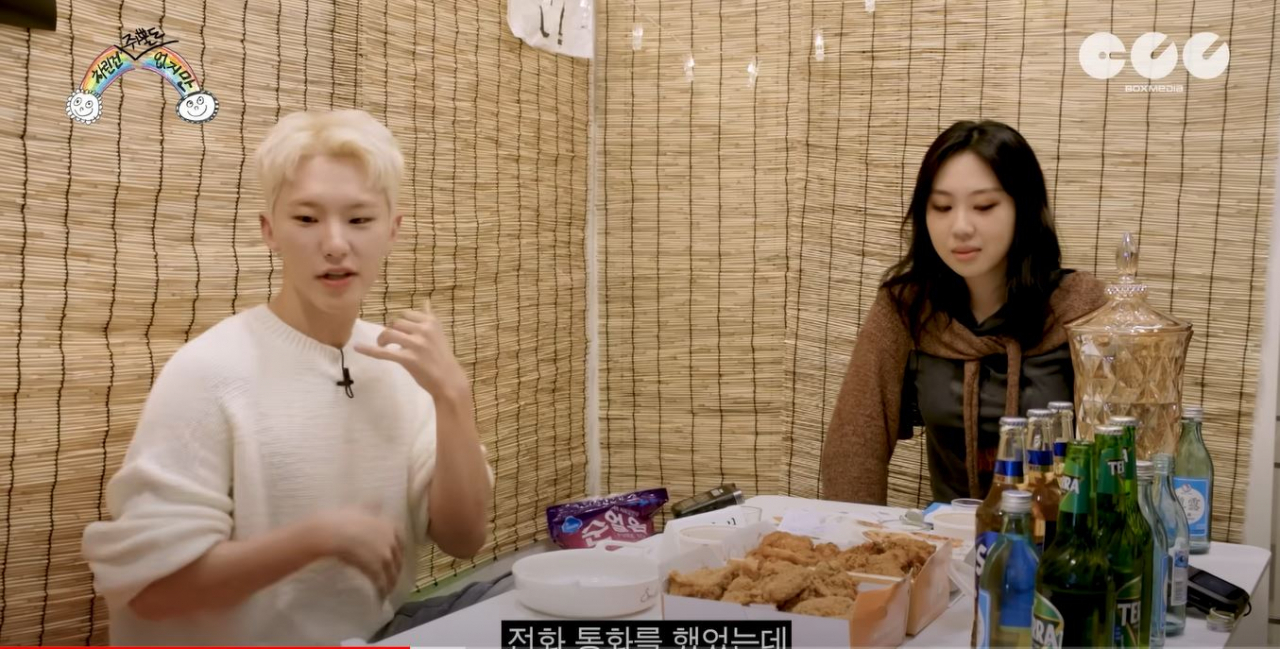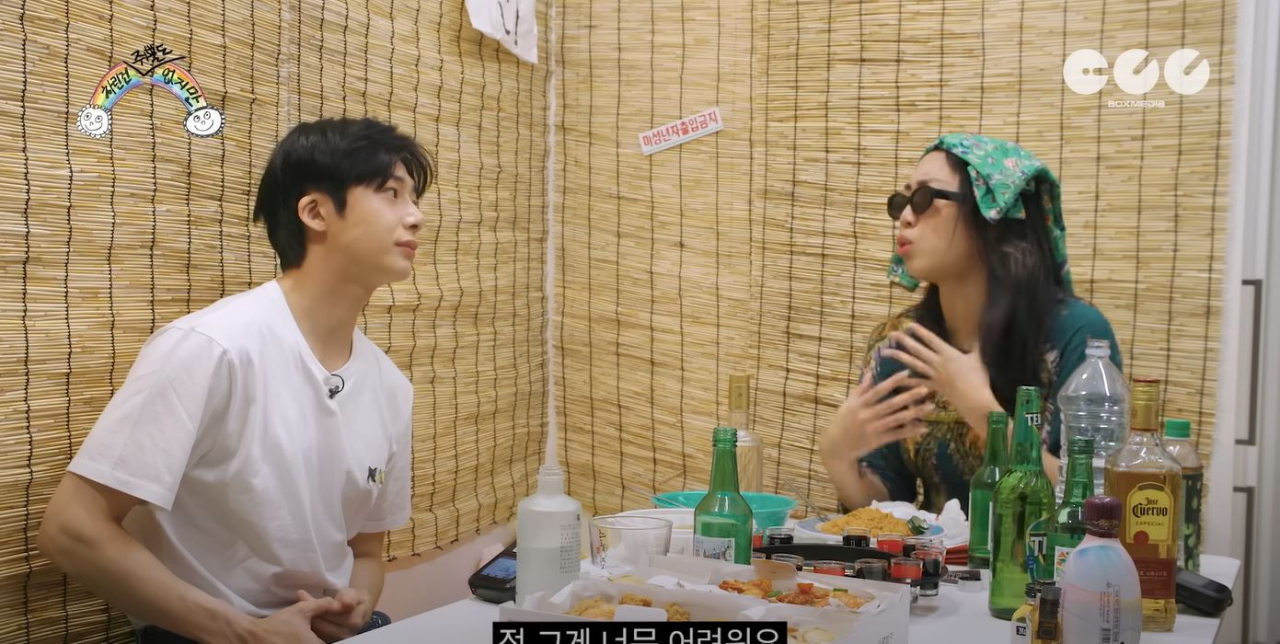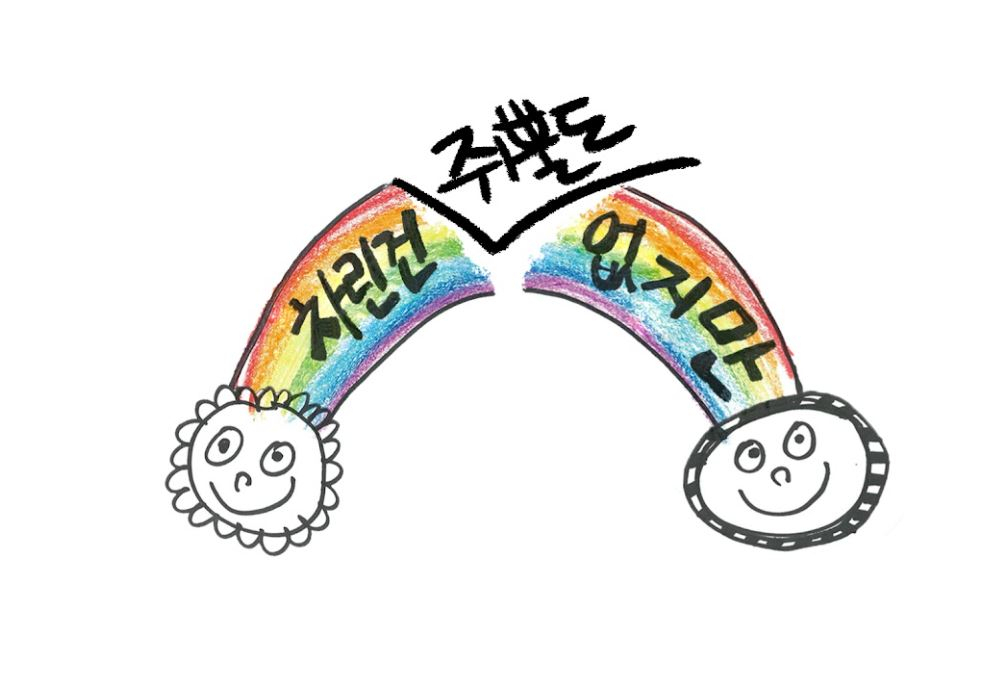[Feature] Alcohol marketing: How the forbidden became a K-pop trend
As short-form videos on YouTube promote higher engagement with targeted audience, idols promote themselves through drunk confessions
By Park Jun-heePublished : Oct. 19, 2022 - 16:23

K-pop idols must be camera-ready at all times, and be able to sing, dance and show their charms and talents simultaneously on TV shows and in interviews. But there's one thing you wouldn't have spotted the multitalented artists doing on screens: drinking.
Despite being a huge part of South Korean culture, the topic of drinking has been mostly kept off limits for K-pop celebrities. And if they do partake in a drink or two, it is often done in secret, away from the cameras.
But in recent years, celebrities have been stepping out of their comfort zone to promote themselves and their albums in a more flexible way, breaking the taboo that idols must not drink or show that they do.
Rapper Lee Young-ji’s YouTube series “My Alcohol Diary,” in particular, is a show many fans want their favorite singers to appear on, mainly because it’s refreshing to see them promoting their new music and album while being themselves.
Chaeryeong of Itzy and Soobin of Tomorrow x Together have been on the show to promote their albums, and BTS’ Jin’s episode (pictured) was to be aired Thursday.
As more people are open to seeing more K-pop idols’ down-to-earth sides, alcohol is a central marketing tool in several shows on air and trending YouTube channels.
Recently in July, Hoshi of boy band Seventeen made a special appearance on rapper Lee Young-ji’s YouTube program titled “My Alcohol Diary” to promote the band’s fourth LP, “Face the Sun.” Hyungwon of Monsta X was also invited to feature on the show, where fans enjoyed watching their easy back and forth conversations.

Lee’s YouTube series, in particular, is a show many fans want their favorite singers to appear on, mainly because it’s refreshing to see them promoting their new music and album while solely being themselves.
Chaeryeong of Itzy and Soobin of Tomorrow x Together have been on the show to promote their albums, and BTS’ Jin’s episode was to be aired Thursday.
K-pop singers have a lot on their plate regarding the responsibilities of being an idol, and staying away from alcohol has been among the top priorities. After a rather awkward start, many idols end up being comfortable at the end of the Lee's 20-minute show.
As of Wednesday, the two videos featuring Hoshi and Hyungwon have racked up more than 11 million and 10 million views on YouTube, respectively, which is also the second and third most-viewed clip on the channel.
K-pop idols were not the only ones who benefited from being on the show. Apart from the singers, fans also enjoyed seeing a new side of their idols through the program.
“I actually find it more interesting seeing idols drinking on YouTube than promoting themselves in big-name programs broadcasted via terrestrial broadcasters. Appearing on programs trending on YouTube triggers my curiosity about who they are and their music,” Seo Min-chae, a 15-year-old K-pop fan, told The Korea Herald.

Singers themselves have also branched out into hosting shows where they interview guests while serving them alcoholic beverages. One of them is “Things That Make Me Groove,” a series under YouTube Channel “15ya,” hosted by Super Junior’s Kyuhyun. The channel currently has more than 4.74 million subscribers.
Heechul of the same group is also a host for a similar show titled “Alcohol Street Fighter 2,” where he invites guests over to drink, eat and chat. Recently, EXO’s Xiumin and NCT’s Doyoung made an appearance.
While demand from the idols' mostly young fanbase have had a part to play in driving the trend, experts say YouTube and the platform's less stringent content restrictions has also been key.
“Broadcast media advertising of products such as alcohol and tobacco is subject to restrictions under separate laws, apart from the Broadcast Act. Also, there’s a Broadcast Act that includes the Youth Protection Act and the Act of Fair Labelling and Advertising, which is why YouTube has become a lucrative option for content makers,” an official at Korea Communications Commission told The Korea Herald.
Producers prefer uploading such content on YouTube as they would have much more leeway in how they script their shows, without worrying if they would run afoul of broadcast censors, the official added.
Years ago, K-pop idols often took themselves to terrestrial broadcasters’ popular television programs to promote themselves. Now, that formula isn’t the primary marketing strategy anymore.

If YouTube was considered a video-sharing platform for idols’ music videos, the social media behemoth now has more than a billion monthly users visiting the platform. In the world of K-pop, it’s a fully fledged platform where fans and targeted audiences are called subscribers, and idols are dubbed content creators.
There, K-pop fans gravitate toward idol-related content and also create and share those content and connect with other users. Now, the platform itself can build marketing funnels quicker than any other social network, and alcohol-based marketing has recently generated the most interest.
Also, the MZ Generation, a local term combining millennials and Generation Z, is flocking to YouTube as many opt for short video clips rather than hourslong broadcast programs. As most of them are primary media consumers, many young users are getting used to short-form content and memes on social media services like TikTok, Instagram Reels and YouTube Shorts.
“YouTube is like a blind spot for content creators. There are many restrictions regarding alcohol (on television programs), so many of them are trying to place the idea of alcohol by streaming content on YouTube,” said Yoo Seung-chul, an associate professor of media convergence at Ewha Womans University.
Yoo added that social media algorithms also promote content that engages with users that paves the way for more views since the platform is user-centric.
“It’s called a filter bubble phenomenon. (The videos) will get more views, and YouTube recommends videos to the users’ tastes. In that sense, alcohol marketing could be smart because it attracts users of similar interests,” Yoo said.



















![[Today’s K-pop] Treasure to publish magazine for debut anniversary](http://res.heraldm.com/phpwas/restmb_idxmake.php?idx=642&simg=/content/image/2024/07/26/20240726050551_0.jpg&u=)